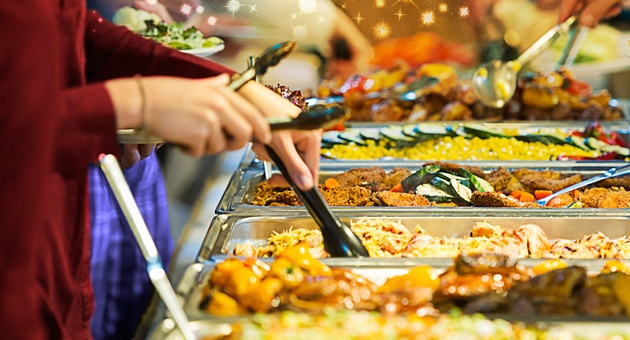Depression is characterized by an overwhelming feeling of sadness, but it can also affect your sleeping habits, your eating habits, and your health in general. It’s exceptionally difficult to find the motivation to get your daily exercise, for example, when you find it hard to even get out of bed. Depression can lead to overeating (or lack of eating) and inactivity, which further impacts your mood.
Changes in lifestyle are often recommended in combination with psychotherapy and medication to help people with depression. Getting back to basics and focusing on healthy sleep habits, nutritious eating, and daily exercise can help boost your mood.
With these suggestions in mind, it helps to look at your daily eating habits and consider possible changes. Start by figuring out your baseline: What foods do you typically reach for when you’re feeling depressed? What are your daily eating habits? Do you stick to certain “comfort” foods or does your diet include a wide variety of foods?
Once you establish your eating pattern, take some time to consider whether or not some of your go-to foods negatively affect your mood and where you can make some changes.
#1. Refined carbohydrates
You might crave things like pretzels, white bread, and soda when you’re depressed, but research shows that eating too many refined carbohydrates is linked with depression. One study of women with no history of depression, substance abuse, or other forms of mental illness found that eating refined carbohydrates spiked blood sugar levels and increased the risk of depression. 1
The good news here is that the same study also found that a diet rich in whole grains and produce actually lowers the risk of depression.
#2. Sugar
Given the research on refined carbohydrates, it probably won’t surprise you to learn that sugar is also on the watch list for contributing to depression. A diet high in sugar can increase inflammation throughout the body and the brain, and recent research links brain inflammation to a higher risk of depression.
One study found that brain inflammation was 30% higher in depressed patients. 2 The roller coaster of high blood sugar followed by a crash might actually be more than just a quick shift in emotions; it might actually contribute to the brain inflammation connected to depression. Avoid the candy counter when you’re feeling blue and grab a healthy alternative when you get a sugar craving.
#3. Processed foods
It might feel like a can of soup is the easiest way to fuel your body when your low on energy and feeling depressed, but think twice before you grab that can opener. A British study of more than 3,000 people found that those who ate the most processed food faced an increased rate of depression, while those who ate more whole foods had a much lower risk of the disease. 3
#4. Trans fats
You’ll want to stay away from fried chicken, French fries, and other items doused in hydrogenated oils if you’re battling depression. The same artery-clogging trans fats that increase your risk of heart disease can also increase your risk of depression.
A study that evaluated the association between fatty acid intake or the use of culinary fats and depression in a Mediterranean population found a detrimental link between trans fatty acid intake and risk for depression. 4
It’s natural to crave sweets, salty stuff, and fried items when you’re feeling down, but clearly research shows us that a healthy diet high in whole foods is better for your mood. Limit the comfort foods and ask a friend or loved one to help you jump start a healthy eating plan, instead.
Source: www.psycom.net






Comments are closed for this post.